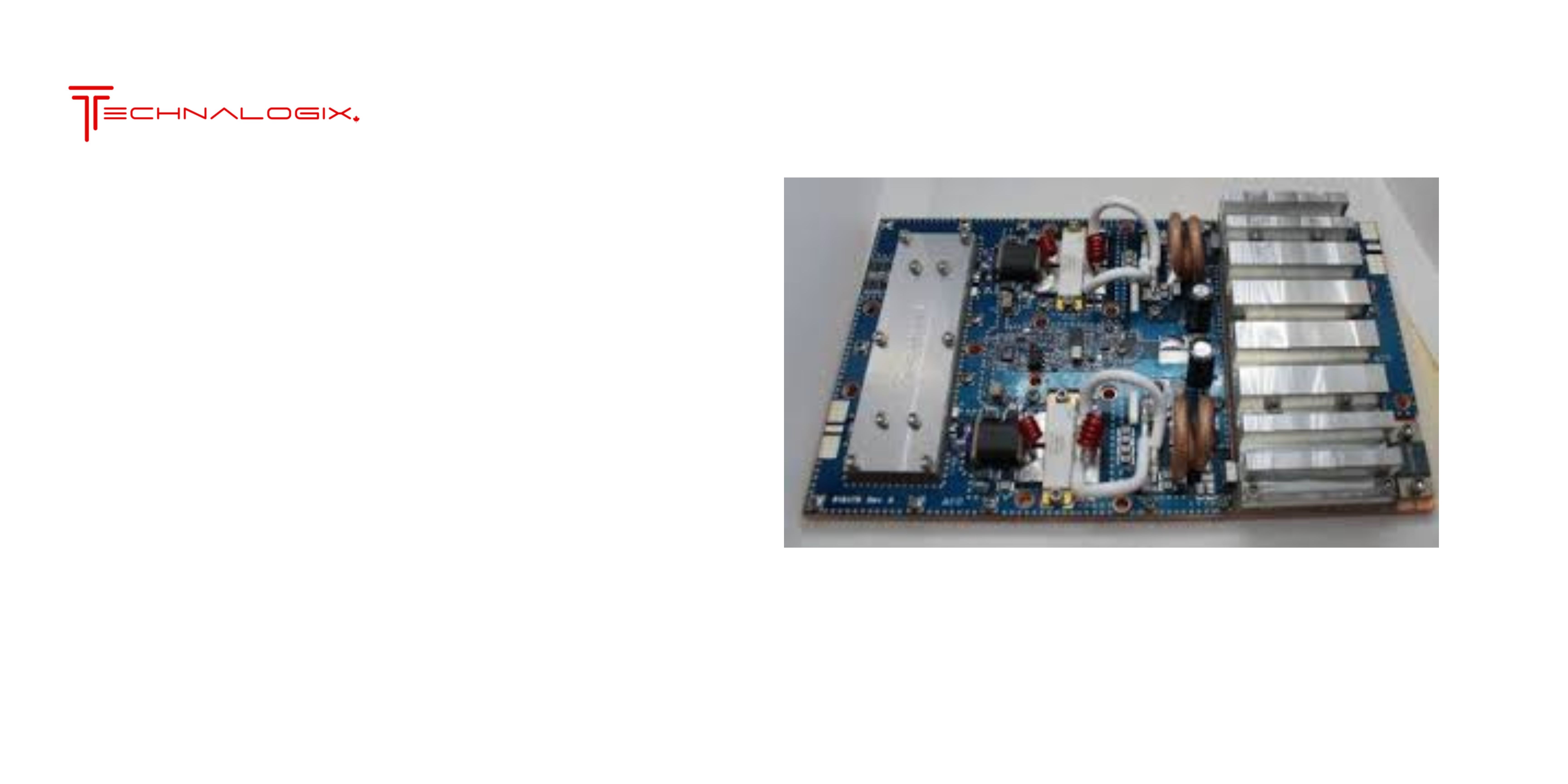
Myth: “All RF modulators are the same, so any purchase will do.” This is one of the most prevalent misconceptions in the RF industry.
Reality? Not all RF modulators are created equal, and choosing the wrong one can lead to significant performance issues, increased costs, and even system failures.
According to MarketsandMarkets, the RF modulator market is expected to grow at a CAGR of 7.4% from 2021 to 2026, highlighting the rising demand for RF technology in various sectors. However, this growth also means that buyers must be more cautious when they wish to buy rf modulators online. So, what are the common mistakes you should avoid to ensure you make the best choice for your needs?
1. Choosing Based on Price Alone
It might be tempting to opt for the lowest-priced modulator, but this is often a short-sighted decision. While cost savings are important, cheap RF modulators can result in poor performance and increased repair needs. A low-quality modulator may lead to frequent downtime, which can become far more costly than investing in a reliable, high-quality product upfront.
2. Overlooking Compatibility with Existing Equipment
Another frequent mistake is not checking whether the modulator is compatible with your existing infrastructure. RF modulators must work seamlessly with RF transmitters, amplifiers, and other related components. If there’s a mismatch, you could face signal degradation or hardware damage over time. Before you buy RF modulators online, ensure compatibility with your existing equipment by consulting with an RF equipment manufacturer or carefully reviewing product specs.
3. Ignoring Specific Frequency Requirements
When you buy RF modulators online, one of the biggest mistakes you can make is neglecting the specific frequency requirements of your application. RF modulators come in various frequency ranges, and choosing one that doesn’t match your system's needs can lead to inefficiencies, signal interference, or even complete system failure. Always verify the operating frequency range before purchasing.
4. Failing to Consider Future Scalability
A modulator that fits your needs today might not be suitable as your system expands or as future demands evolve. Choosing a modulator without considering future scalability can limit your ability to upgrade or expand your network efficiently. Make sure the modulator you choose offers flexibility for scalable growth to avoid costly future replacements.
5. Not Evaluating Customer Support and Warranty Options
When purchasing technical equipment like RF modulators, customer support and warranty should be key considerations. You want to partner with a supplier that provides strong post-purchase support and warranties, especially for complex RF systems. Prompt support can save you hours of troubleshooting and help reduce overall maintenance costs.
6. Ignoring Signal Quality and Performance Specifications
Signal quality is the core function of any RF modulator, and overlooking its performance specifications can lead to subpar results. Evaluate the modulation quality, noise reduction capabilities, and output power to ensure your system delivers optimal performance. Poor signal quality not only affects the user experience but also can introduce interference with other systems, disrupting operations.
Last Note: The Right Modulator for Your System
When you buy RF modulators, it’s critical to invest time in research and consultation to make the best decision. Working with a trusted RF equipment manufacturer can ensure you’re selecting a modulator that fits your technical needs and offers long-term reliability. Avoiding these common mistakes can help you achieve optimal performance, reduce repair costs, and ensure your system functions efficiently for years to come.
Comments